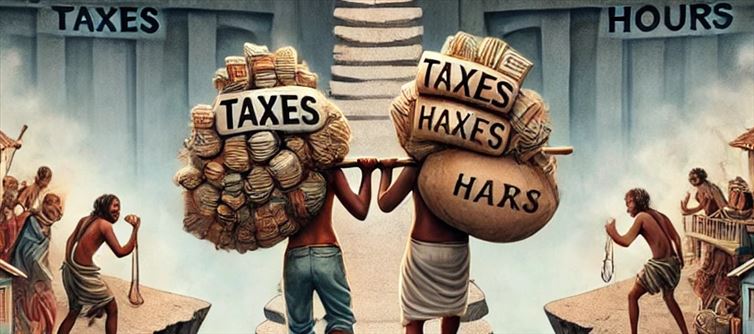
More Hours, Less Value? Rethinking Productivity Beyond the Clock
The suggestion of a 90-hour workweek has sparked outrage and amusement in equal measure. With the indian rupee hitting record lows against the dollar despite tireless efforts, it begs the question: Is working more hours the solution, or do we need a paradigm shift in how we define work and productivity?
Work is About Outcomes, Not Hours
It's often forgotten that work is a means to an end—sustaining oneself and one's family. Every individual strives to contribute to the best of their ability. However, equating hours clocked in with productivity disregards the nuances of modern work.
The Rupee Paradox
Even with long working hours and sleepless nights, economic challenges persist. The rupee's decline serves as a stark reminder that economic growth depends on systemic reforms, innovation, and efficiency—not merely on exhausting human capital.
Redefining Work for the Modern Age
Instead of advocating for grueling hours, leaders should focus on:
- Skill enhancement: Ensuring workers are better equipped for modern challenges.
- Outcome-based metrics: Measuring productivity by impact, not time spent.
- Work-life harmony: Encouraging a balance that fosters creativity and sustained performance.
The world needs innovation, strategy, and smart work, not just long hours. After all, it’s not the number of hours you sit at your desk but what you achieve that truly counts.




 click and follow Indiaherald WhatsApp channel
click and follow Indiaherald WhatsApp channel